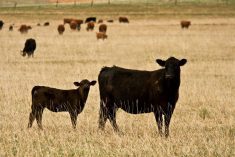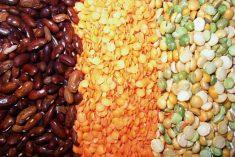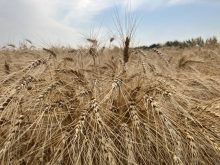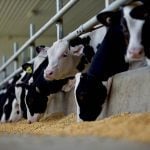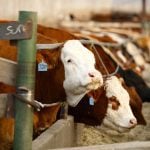Canada’s farmers look to plant a record canola area of 19.5 million acres (7.9 million hectares) or more this spring, driven by expanding crush capacity and strong global demand, an official with Bunge Ltd. said Monday.
The biggest wildcard is high potential for serious spring flooding that could take much land out of production in Western Canada, said Nicholas Hoyt, who handles the crusher’s price risk through futures markets, speaking at the Canadian Wheat Board’s GrainWorld conference in Winnipeg.
“With the right weather we could take a run over 20 million acres,” Hoyt said. “…Right now, I have to imagine (a farmer) is planting as much canola as possible.”
Read Also

U.S. grains: Soybeans retreat after one-month high; corn, wheat sag
Chicago Board of Trade soybean futures turned lower on Tuesday on profit-taking after the benchmark contract touched a one-month high in early moves, while market players continued to monitor U.S.-China trade relations, analysts said.
Bunge’s forecast is higher than one last month from Canada’s biggest crop handler, Viterra, which predicted 18 million to 19 million canola acres, and illustrates how determined farmers are believed to be planning to cash in on canola prices that have recently hit two-and-a-half-year highs.
Canada’s crushing capacity has expanded rapidly to about 8.2 million tonnes, and a fast pace during the current crop year appears headed toward a record 6.2 to 6.3 million tonnes in 2010-11, Hoyt said.
Canola stocks may get tight by summer, but if farmers manage to plant 20 million acres to canola this spring, canola prices at current levels look too high and may be due for correction, Hoyt said.
ICE Canada canola futures last week had one of their most volatile weeks in months and that volatility is here to stay with greater influence from speculative funds, Hoyt said.
Supply and demand fundamentals for canola seed are hard to predict due to uncertainty about whether China will ease restrictions this summer on Canadian canola with blackleg disease, he said.




